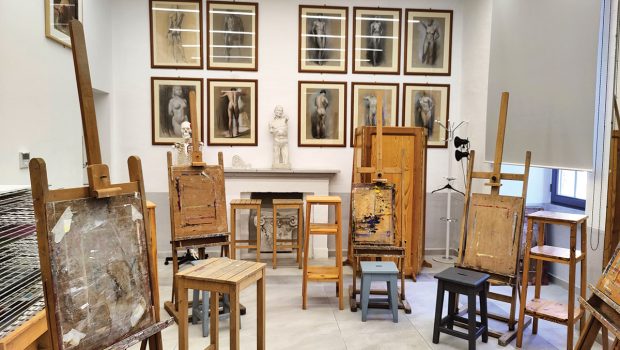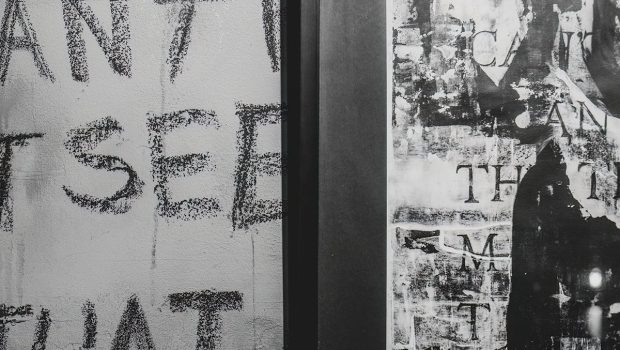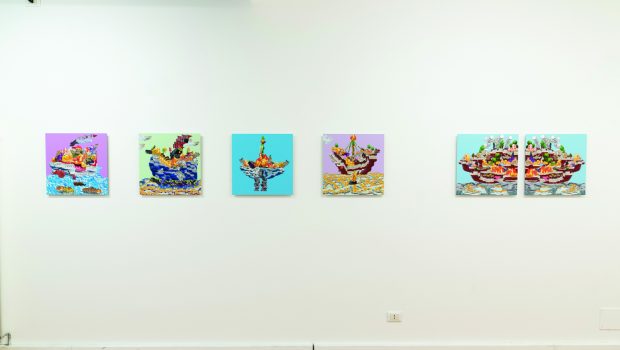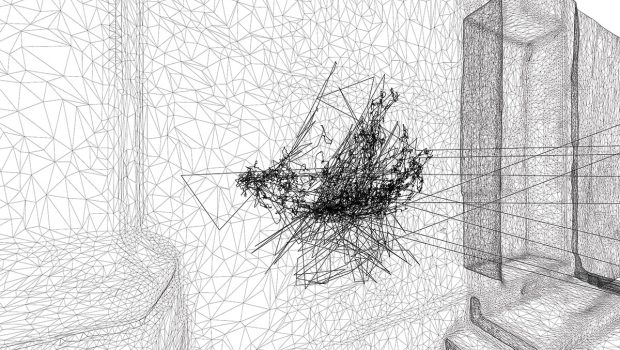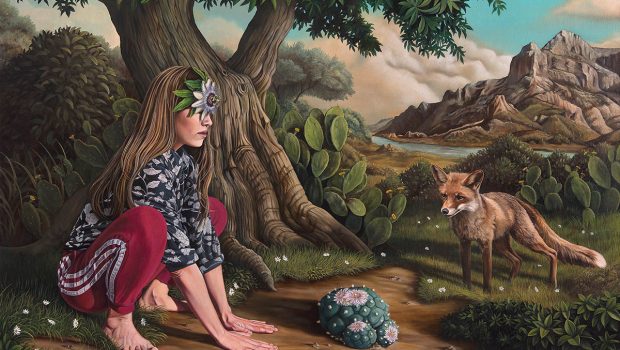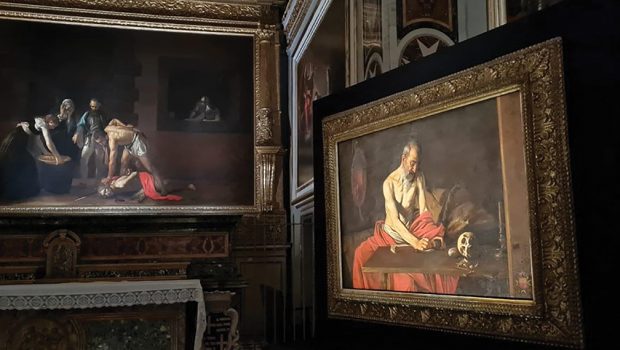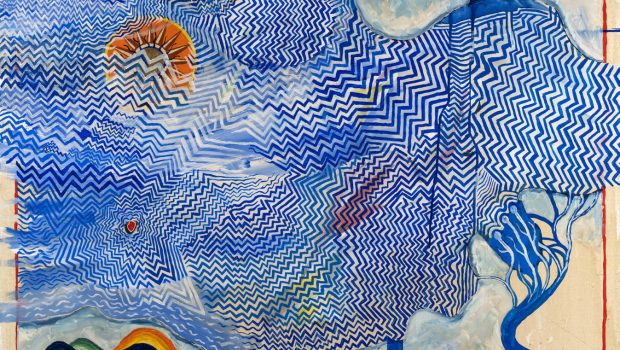CELEBRATING A CREATIVE LEGACY
Interview | Spazju Kreattiv | Daniel Azzopzardi
As Spazju Kreattiv, Malta’s National Centre for Creativity, unveils its 2025–2026 programme this September, the occasion carries particular weight: it coincides with the Centre’s 25th anniversary, a milestone that invites both reflection and renewal. Since its founding in 2000, the institution has stood at the heart of Malta’s cultural life, shaping the creative landscape through its evolving role as a hub for artists, audiences, and ideas. Artpaper speaks with Daniel Azzopardi, Spazju Kreattiv’s Artistic Director, to explore the legacy of the past quarter-century, the challenges and opportunities facing the arts sector today, and the vision underpinning the season ahead.
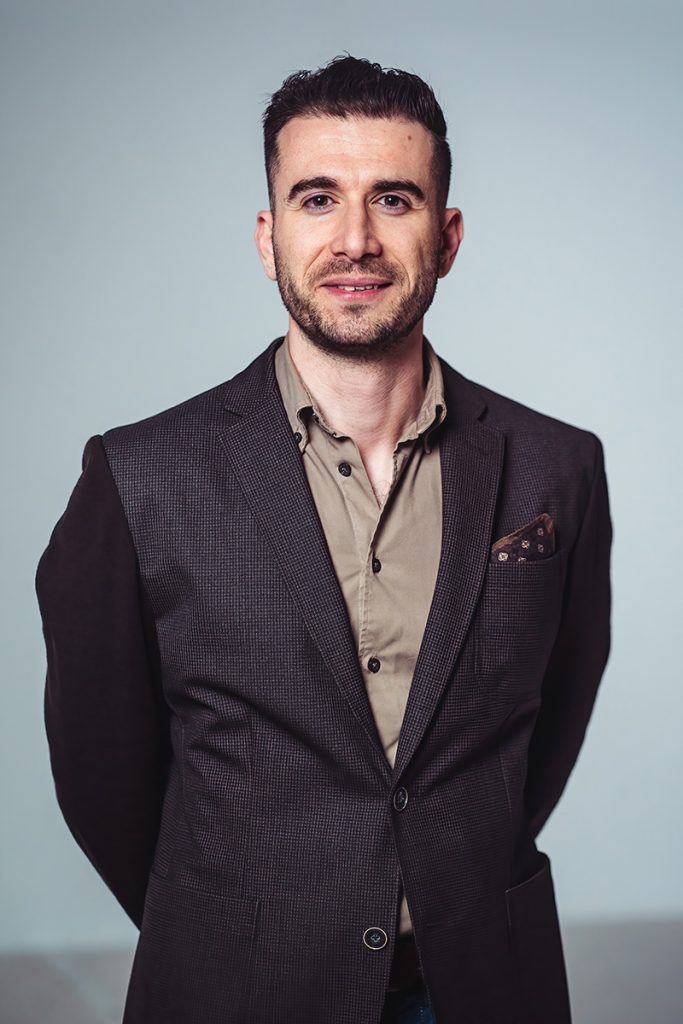
Spazju Kreattiv has, from the outset been at the core of promoting creative development and freedom of expression, and this remains a cornerstone of our work with the creative community and beyond.
As the Malta National Centre for Creativity marks its 25th anniversary, how would you define the significance of this milestone for both the institution and Malta’s cultural landscape?
It is, in no small way, a momentous occasion, not only for the organisation but also for the country, highlighting the significance of Spazju Kreattiv and its ever-important role in the ongoing development of the creative sector.
It is an evolving story shaped by countless artists, collaborators, employees, and audiences – a celebration not only of the work done by those associated with us, but also a testament to the nation’s policy and aspirations in placing the arts at the very core of public discourse.
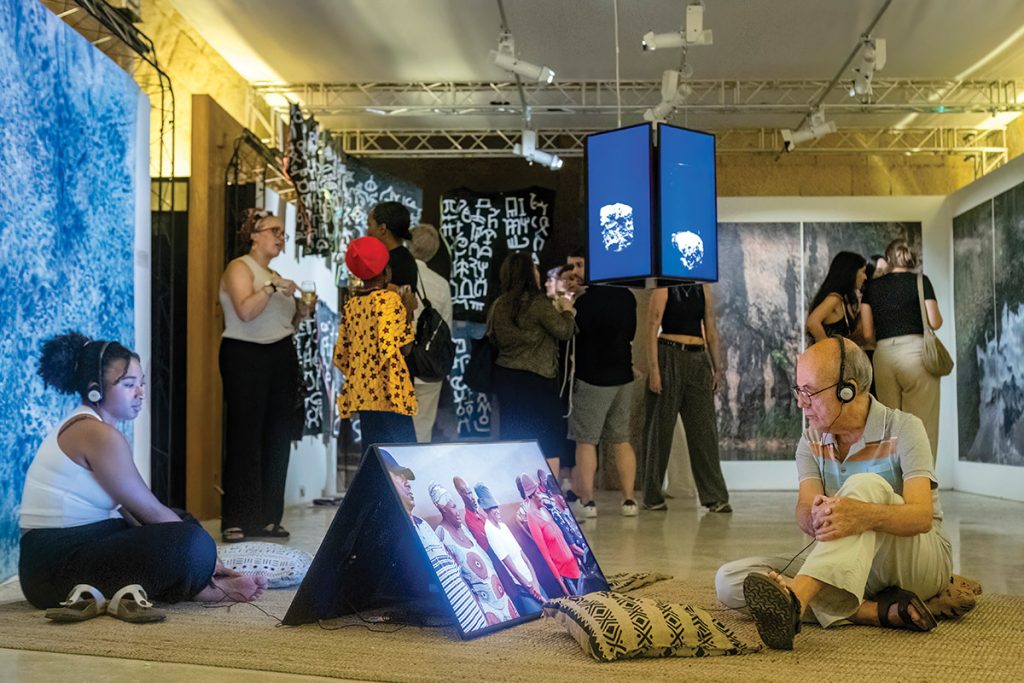
Reflecting on the past quarter-century, which achievements or landmark moments best illustrate the Centre’s impact on the arts sector?
What stands out in both the history and the present strategy is the freedom afforded to artists to reach their full creative potential – not only in terms of artistic concepts and production quality, but also as instigators of bold voices and meaningful conversations that address issues highly pertinent to the public’s socio-political interests.
Spazju Kreattiv has, from the outset been at the core of promoting creative development and freedom of expression, and this remains a cornerstone of our work with the creative community and beyond.
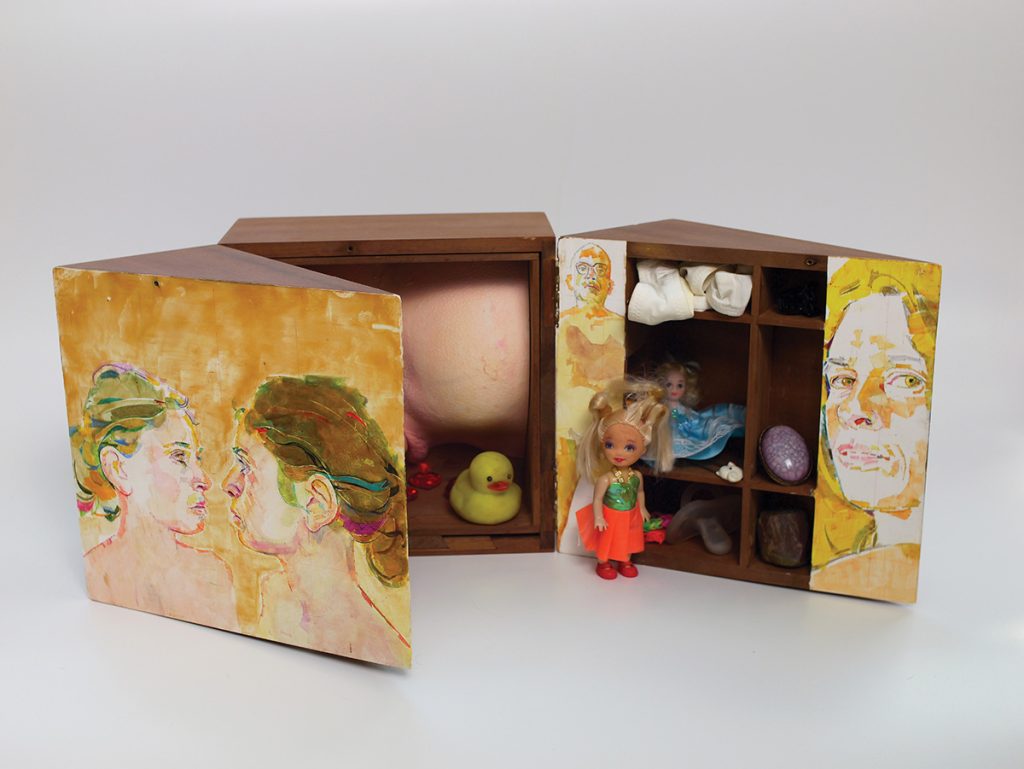
How has the role of the Centre evolved since its inception, particularly in response to shifts within the local and international arts scenes?
The remit of the organisation has evolved alongside the country’s progress and shifting priorities. While economic growth has brought increased investment in the arts, much still remains to be done – particularly in empowering the role of the artist, amplifying minority voices, and addressing global conflicts.
Spazju Kreattiv continues to stand at the forefront of these encounters, championing dialogue and exchange, while also driving key agendas such as professionalisation, artistic quality, and placing the arts at the heart of national policy. Both historically and today, it stands as an agent of positive change through art and creativity.
In what ways has the Centre remained true to its original mission while adapting to the needs of today’s creative community?
From the outset the Centre has been a home both for aspiring creatives seeking to build a career in the sector and for established practitioners wishing to showcase and experiment with their work. Spazju Kreattiv remains a hub for creative empowerment, not only through the diversity of its programming but also through its organisational structure, which provides artists with the tools to enhance their output and engage with the wider public. It is also a space for exchanges and encounters that transcend the creative community, encouraging different communities to participate more directly and to be part of a movement for social dialogue and creative expression that is deeply embedded in our cultural fabric.
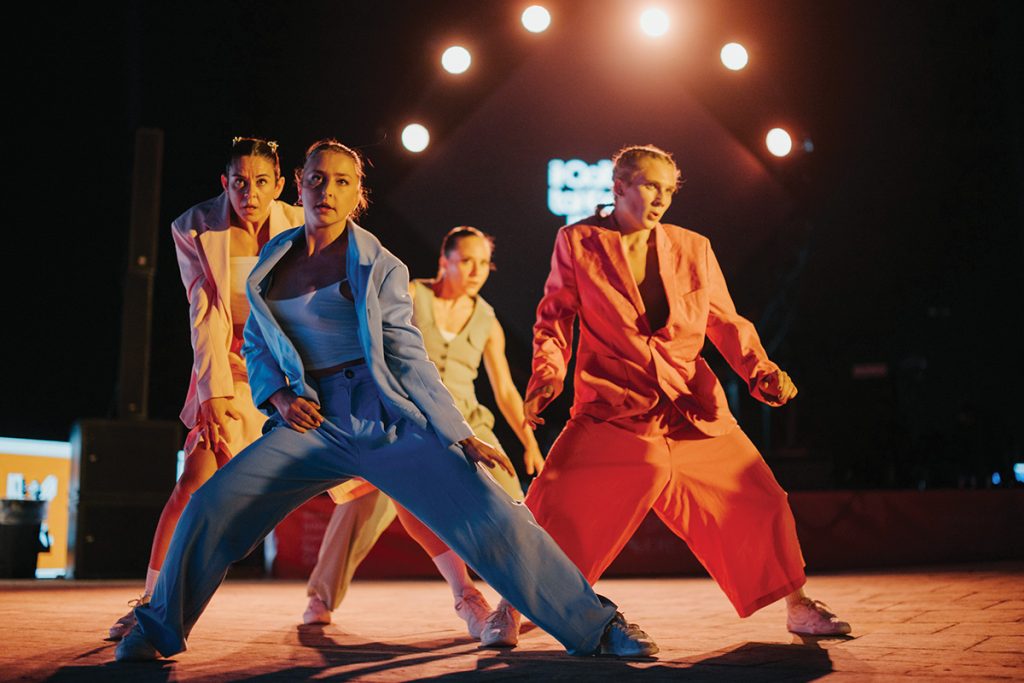
The upcoming 2025–2026 season coincides with this important anniversary. How does the new programme encapsulate both the legacy and the forward-looking vision of the organisation?
This newly unveiled programme – our most diverse yet, with over 550 events, 18 creative forms, and more than 400 artists – underscores the institution’s legacy as a mainstay of contemporary artistic expression. It reflects the contributions of hundreds of collaborators who have shaped the recent history of the arts sector. Recognition of their work is evident not only in the new branding, which showcases many of the projects presented over the years, but also through a series of initiatives that shine a light on these collaborations and their lasting impact on contemporary practice.
At the same time, Spazju Kreattiv is about being a catalyst. Our programme brings to the fore a number of highly pertinent subject matters while fostering new collaborations and an ever-growing diversity of practices. These works are not only designed to engage with sensitive issues, but most importantly, to give voice to a wide range of people from different walks of life.
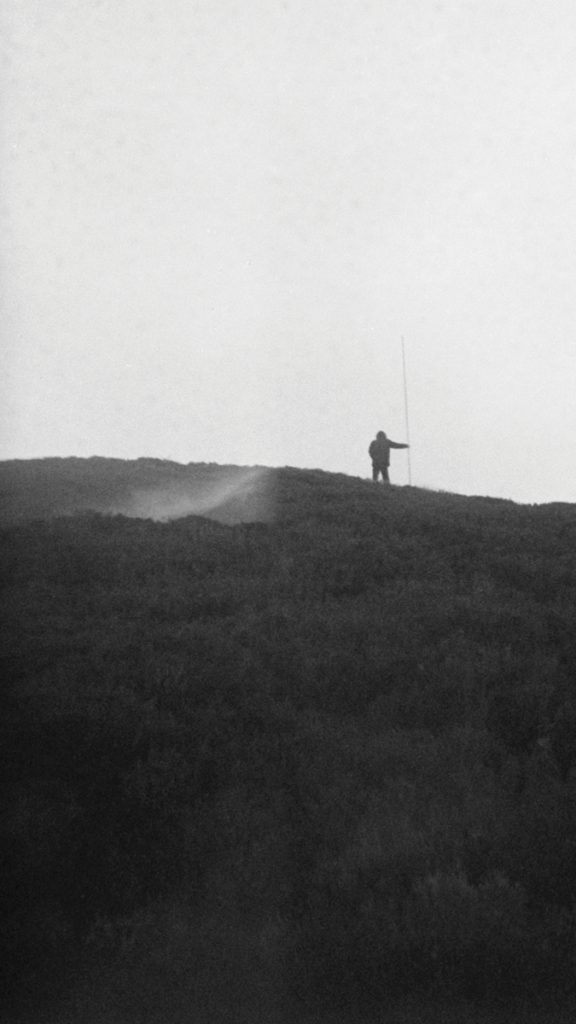
Could you highlight some of the central themes or artistic directions audiences can expect from the forthcoming season?
This year’s programme once again sits at the forefront of creative expression and public engagement. Key themes include industrial pollution, the evolving role of media, the repercussions of social deprivation, women’s empowerment, questions of identity and integration, and polarised ideologies.
Through collective exhibitions, theatre shows, films, and artist residencies, among other initiatives, the programme also explores identity and desire—from traditions reimagined in contemporary contexts to cross-cultural dialogues, societal pressures, and geopolitical conflict. In this context, the season aims to encourage full visitors’ participation, not only in terms of attendance but also by fostering meaningful discussion around highly topical issues that shape our shared experience.
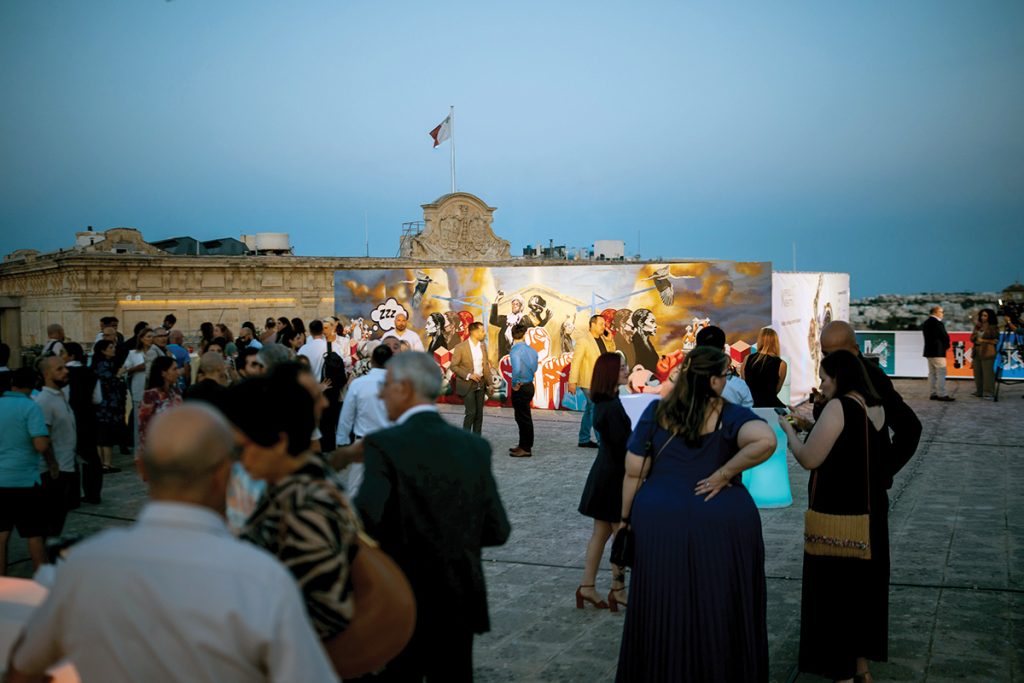
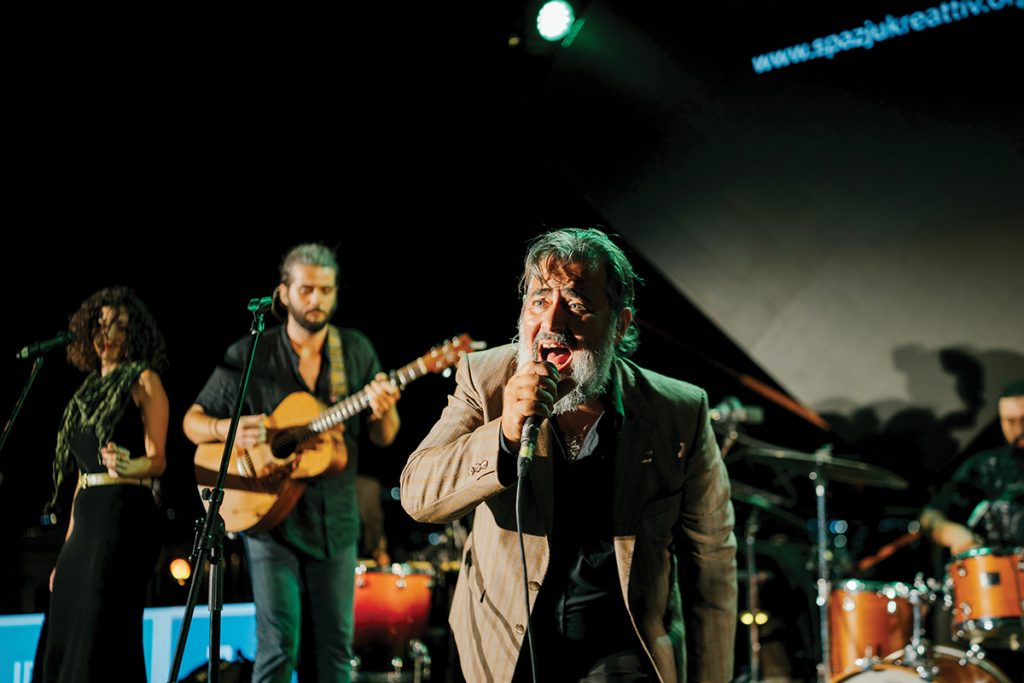
How will the September programme launch incorporate and celebrate the Centre’s 25th anniversary?
While the celebrations will continue throughout the season, the September launch will showcase the organisation’s core attributes as an inclusive hub for the creative community – one that engages with highly pertinent subjects across a wide array of artistic mediums and practices.
The season will feature performances by past and current theatre makers, discussions on the organisation’s past endeavours and its role at a broader policy level, and commissioned artworks to become part of the permanent collection. Nostalgic anecdotes from earlier times will be shared, alongside an opportunity for all attendees to contribute their aspirations for the Centre as it embarks on this exciting new phase of its journey.
What are the key challenges currently facing the Centre within the wider cultural and creative industries, and how is the organisation responding to them?
The creative sector in Malta has made huge strides in recent years, but there is still much to be done. The status of the artist needs to be safeguarded and promoted to the wider public, especially to upcoming generations, within the context of greater knowledge and awareness of the benefits that arts and culture bring to the overall well-being of society. This also requires adequate budgets and resources that allow creatives to nurture their work and reach out to broader audiences. However, I believe the greatest challenge we face moving forward is fostering openness to diversity: creating a trustworthy environment where all voices can be heard without discrimination or exclusion. I wholeheartedly believe that the arts have a pivotal diplomatic role to play in this regard, by creating platforms for dialogue and exchange, and by instigating positive change for a better future.
In all this, Spazju Kreattiv continues to play a vital role in facilitating the space for creatives and the public to meet, connect, and nurture the growing importance of the arts.
How do you see the Centre’s role in fostering international collaborations while maintaining a strong local presence?
I believe this is completely possible, and it is evident through the multiple initiatives we have undertaken in recent years, as well as the new programme we are now unveiling. We are committed to ensuring that the selected artists are provided with a professional environment in which to showcase their work, while also facilitating collaborations with international networks through the exposure we are offering. This allows them to continue developing their practice beyond our shores.
Such international exchange is pivotal for the sector to continue flourishing, while maintaining a high level of artistic quality and strengthening Malta’s role in the wider cultural policy landscape.
What message would you like to give to audiences as they join in celebrating both the new programme and the 25th anniversary?
My message is a simple one: support and champion the arts by participating in the many events on offer, where there is something for everyone to relate to and contribute, while also encouraging friends and family to join in. Only through such participation and shared commitment can we ensure that the arts continue to flourish and take their rightful place at the heart of public discourse.
Within this movement, may Spazju Kreattiv remain at the centre of this exchange – a home for many, where curiosity is nurtured, bold voices find resonance, and creativity continues to serve as a catalyst for dialogue, growth, and hope for generations to come.
Interview by Lily Agius


